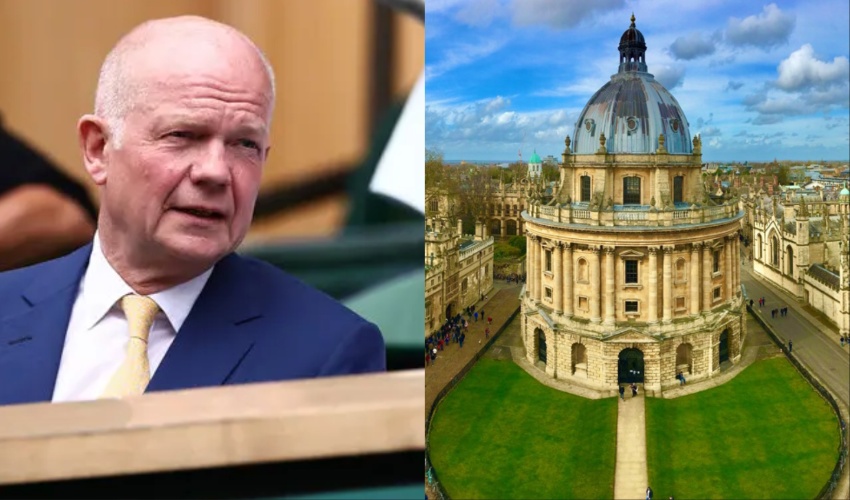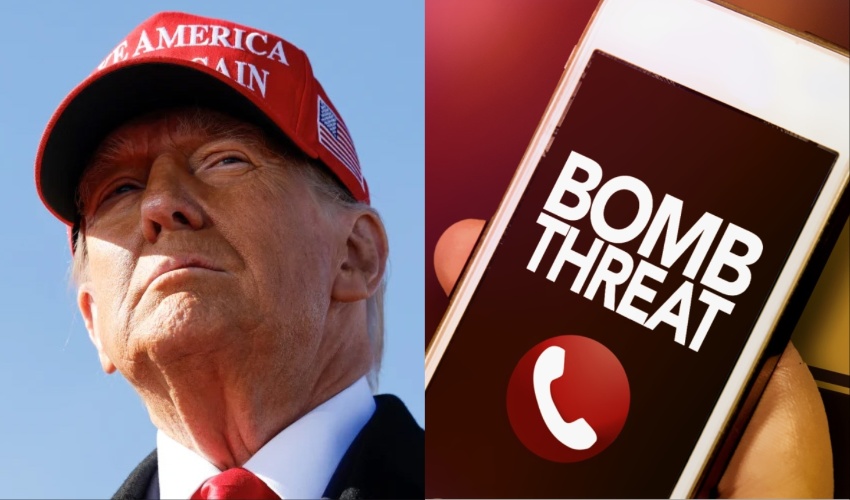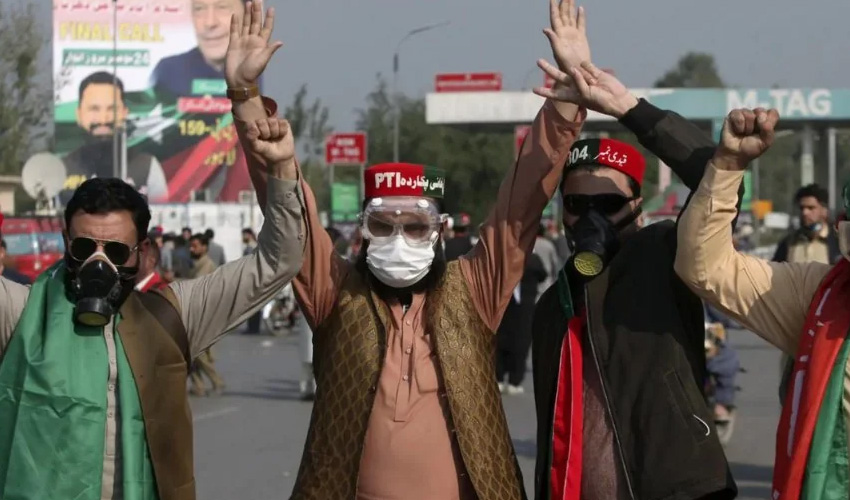Harvard University saw the peaceful conclusion of a student protest encampment as demonstrators voluntarily disassembled their tents within Harvard Yard.
The move follows a pledge by university officials to engage in discussions concerning the ongoing conflict in the Middle East, particularly regarding the institution's endowment investments.
The student protest group, "Harvard Out of Occupied Palestine," announced the decision to dismantle the encampment, stating it had achieved its objectives regarding the university's response to their demands. Harvard's interim President, Alan Garber, has committed to facilitating dialogue between protesters and university representatives, addressing the students' concerns over the endowment's ties to contentious regions.
Similar demonstrations have emerged across various college campuses this spring, with students advocating for their institutions to sever connections with Israel and affiliated businesses. The backdrop to these protests is the recent escalation of conflict between Israel and Hamas, characterized by widespread violence and casualties.
Amidst these developments, Harvard has agreed to a meeting that will involve high-ranking university officials, including representatives from the Harvard Management Company, responsible for overseeing the institution's substantial endowment, estimated at approximately $50 billion.
According to statements released by the protesters, the agenda for the upcoming discussions will include topics such as disclosure practices, divestment strategies, and the potential establishment of a Center for Palestine Studies.
Moreover, Harvard has reportedly offered to reconsider disciplinary actions against numerous students and student workers, signaling a potential thaw in tensions between the university administration and protesting factions.
Reflecting on the impact of the encampment, a spokesperson for the protesters highlighted its role in galvanizing support for Palestine solidarity efforts on campus and its influence in advancing conversations surrounding investment policies and academic initiatives related to the Middle East conflict.
As Harvard prepares to engage in dialogue with its student body, the outcome of these discussions may not only shape the university's stance on contentious geopolitical issues but also set a precedent for how academic institutions navigate complex moral and financial considerations in an increasingly interconnected world.



























